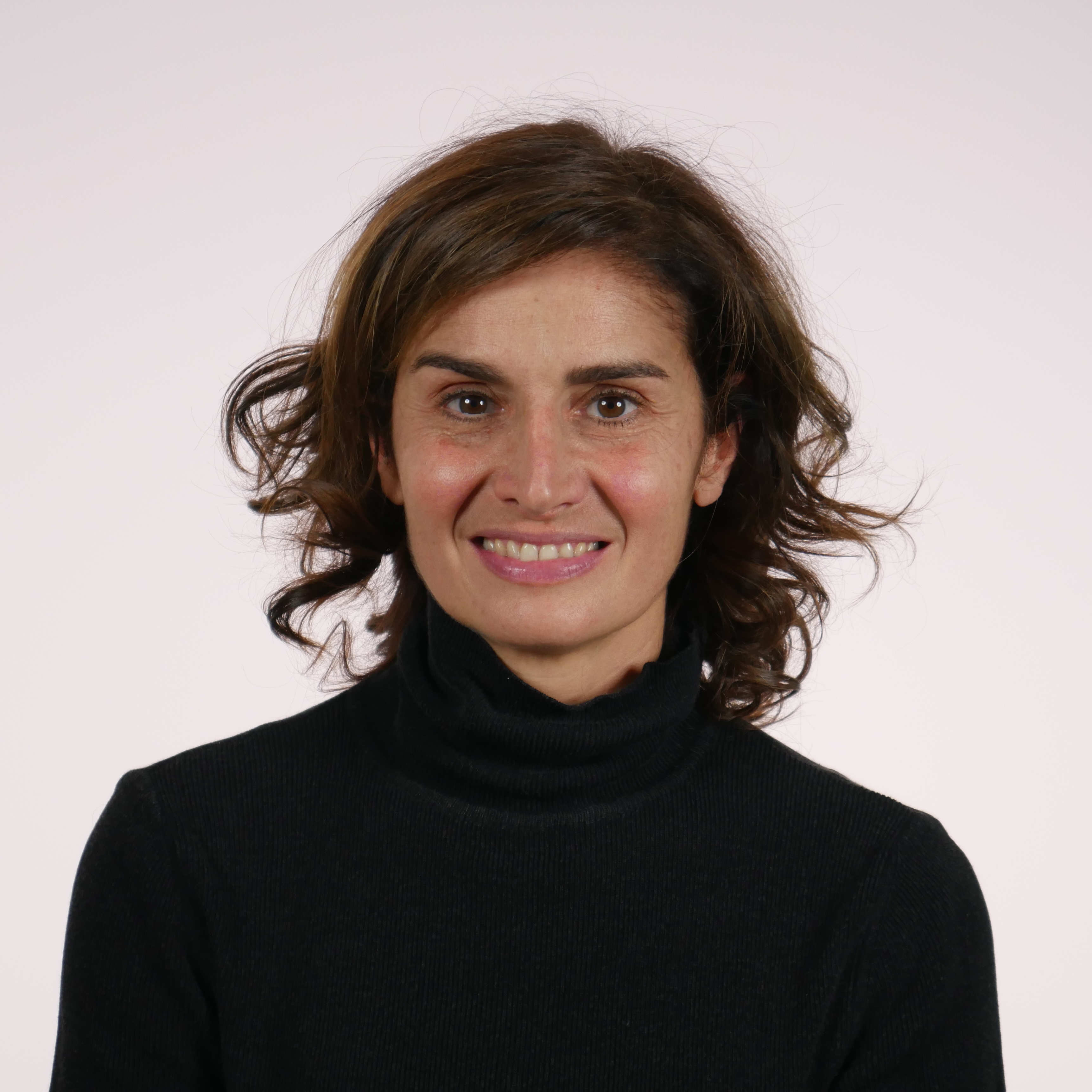Log in and enrol
Communication skills for engineering scholars
Communication skills for engineering scholars
A course rooted in rhetoric and argumentation, teaching how to be clear and persuasive in the domain of engineering studies.
Course description
The course teaches engineering scholars how to improve their communication skills, using theory, examples and practical exercises.
Topics include basics of rhetoric (how to be clear), basics of argumentation theory (how to be persuasive), public speaking, grant writing, scientific writing.
The main target are engineering scholars; the first 3 weeks, though, can be useful to anyone wishing to improve their communication skills.
Total workload of the course: 15 hours
This MOOC is provided by Politecnico di Milano.
Intended Learning Outcomes
By actively participating in this MOOC, you will be able to:
- Apply the basic principles of rhetoric (invention, arrangement, and style) to structure and present ideas clearly.
- Understand argumentation, the reasoning behind it, and recognize effective and deceitful strategies. ESCO: present arguments persuasively
- Demonstrate effective public speaking techniques, including the use of voice, gestures, and presentation tools to engage an audience. ESCO: speak about your work in public
- Design and write a structured grant proposal, including crafting a compelling executive summary tailored to reviewers. ESCO: present arguments persuasively
- Construct a well-organized scientific paper, focusing on writing an impactful abstract and presenting research results effectively. ESCO: write scientific publications
Prerequisites
No prerequisite knowledge is required for this course.
Activities
Over and above consulting the content, in the form of videos and other web-based resources, you will have the opportunity to discuss course topics and to share ideas with your peers in the Forum of this MOOC. The forum of this MOOC is freely accessible and participation is not guided; you can use it to compare yourself with other participants or to discuss course contents with them.
Section outline
-
-
Introduction: Why communication?
A brief philosophical foundation for the “deep reasons” why we need to improve our communication skills. -
Hints from rhetoric (the “art of speaking”) on how to: decide what to say, arrange the topics properly, decide on the right style and take into consideration the audience.
-
Tips from argumentation theory on how to: find strong arguments, use them and identify potentially deceitful arguments.
-
Suggestions on how to: use your voice, gestures, movements and additional “tools” to make your public presentation effective.
-
Recommendations on how to: structure a project proposal, write a powerful executive summary and “get ahead” of the reviewer.
-
Directions on how to: structure a scientific paper, write a good abstract, not to drawn in the state of the art and show that the results are valuable.
-
-
Video transcripts Folder
-
Assessment
Your final grade for the course will be based on the results of your answers to the assessed quizzes. You have an unlimited number of attempts at each quiz, but you must wait 15 minutes before you can try again. You will have successfully completed the course if you score 60% (or higher) in each one of the assessed quizzes. The maximum score possible for each quiz is given at the beginning of the quiz. You can view your score in the quiz on your last attempt or on the 'Grades' page.
Certificate
You can achieve a certificate in the form of an Open Badge for this course if you reach at least 60% of the total score in each one of the assessed quizzes and fill in the final survey.
Once you have completed the required tasks, you will be able to access ‘Get the Open Badge’ and start issuing the badge. Instructions on how to access the badge will be sent to your e-mail address.
The Badge does not confer any academic credit, grade or degree.
Information about fees and access to materials
You can access the course absolutely free of charge and completely online.
Course faculty

Nicoletta Di Blas
Teacher
Nicoletta Di Blas is associate professor in educational technology at Politecnico di Milano (Italy). Di Blas graduated in classics and holds a PhD in general linguistics. She has been teaching communication skills at Politecnico (master level) for almost 20 years and technology-based communication for cultural heritage at the University of Italian Switzerland for 8 years. She has taken part in more than 20 research projects, coordinating a number of them. She has (co)authored more than 150 publications, mostly at international level.
Contact details
If you have any enquiries about the course or if you need technical assistance please contact pok@polimi.it. For further information, see FAQ page.